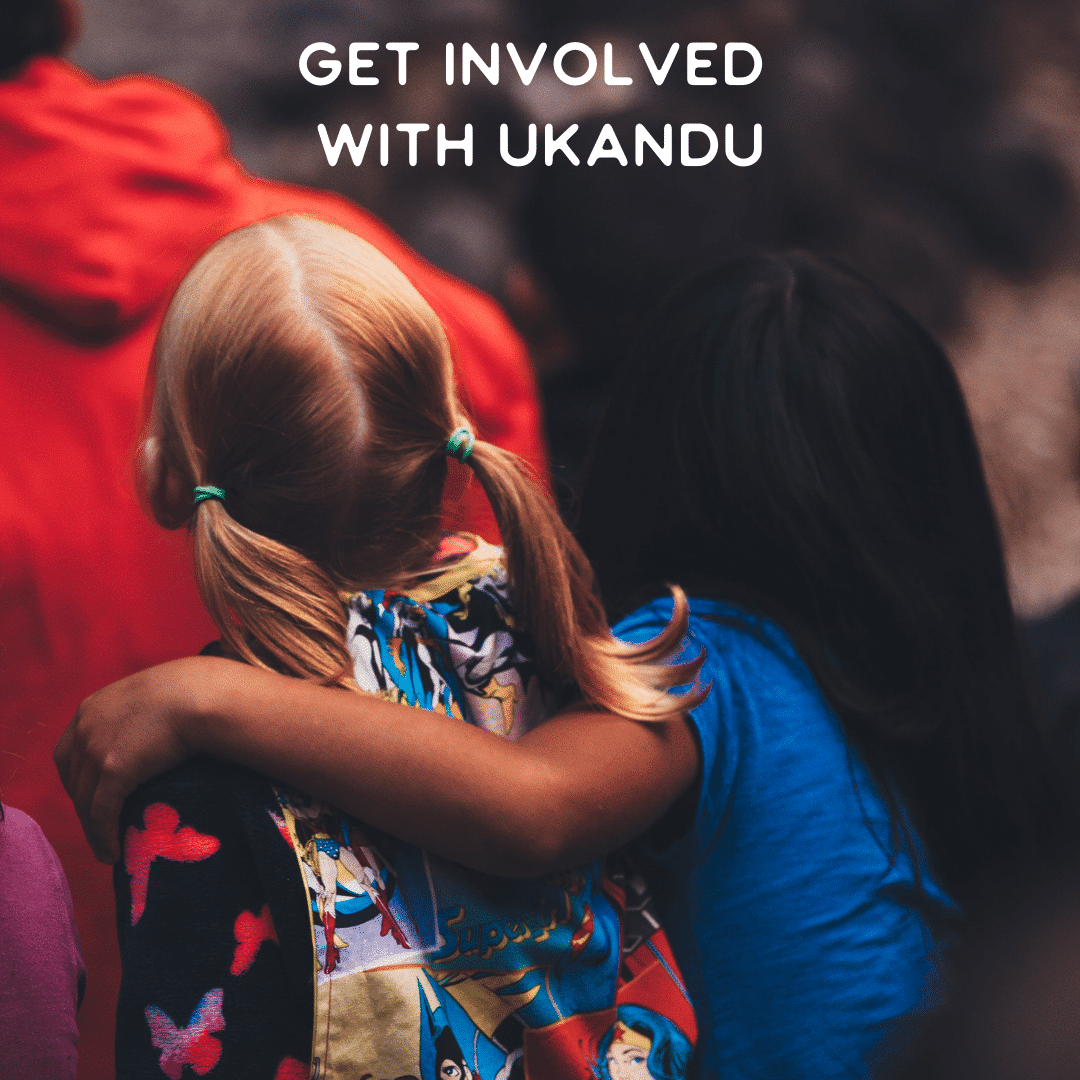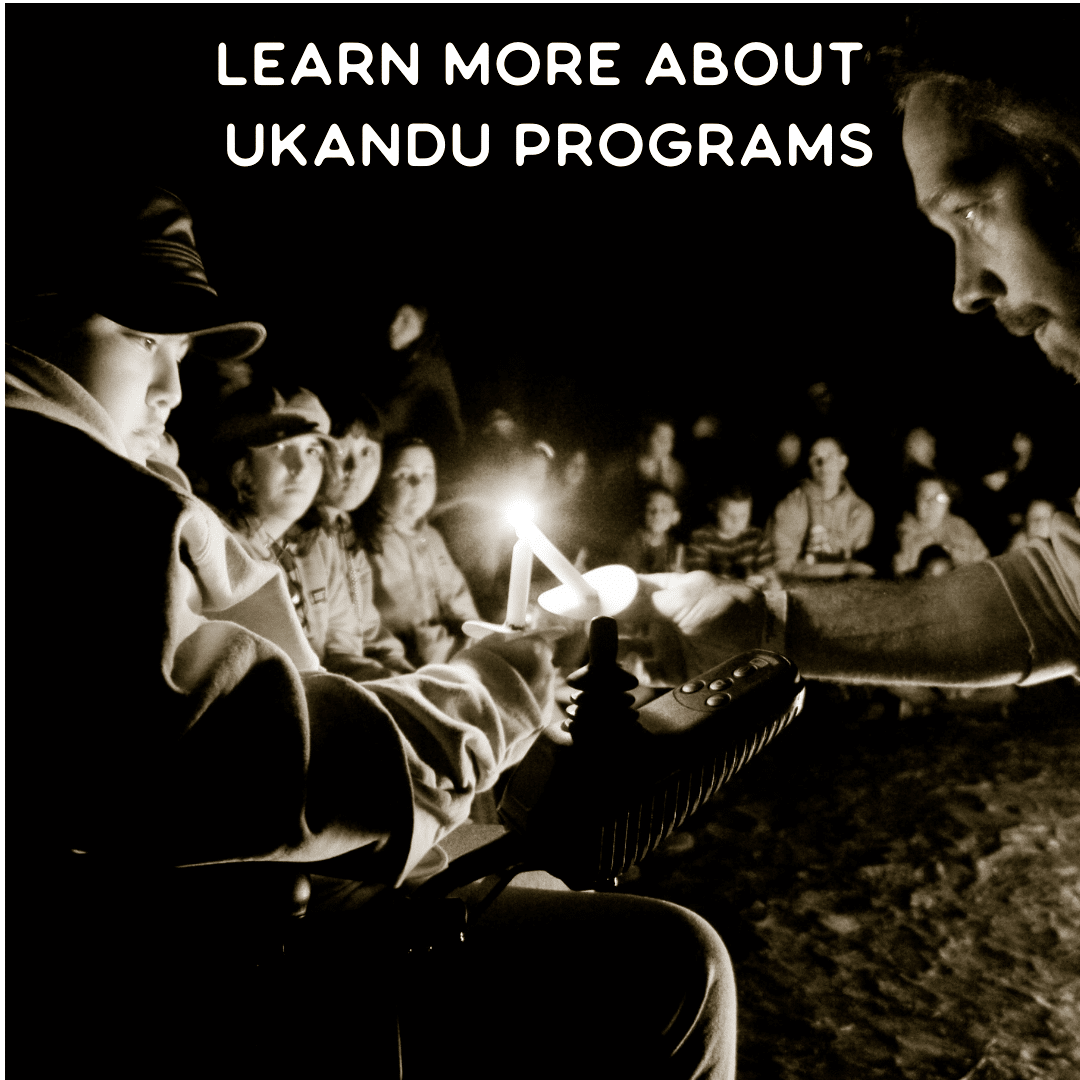Why are Black Kids and Adolescents More Likely to Die of Cancer?
At UKANDU, we are always trying to be better advocates for our kids, our families, and our community. So, this Black History Month asked ourselves ‘Does cancer really not discriminate?’. We know that cancer doesn’t know race, gender, or economic status. But if cancer doesn’t discriminate, why are Black children and adolescents experience cancer-related deaths at higher margins than the national average? To find out the answer, we had to dig into some numbers.
Each year, over 15,000 kids are diagnosed with cancer and while Black children and adolescents are 30% less likely to be diagnosed with cancer they are 38 -95% more likely to die from cancer, depending on the type of cancer. The disparity only becomes more glaring when we look exclusively at the survival rates for more treatable types of cancer.
So if cancer doesn’t discriminate, what accounts for this ‘survival gap’? Researchers at the University of Minnesota looked at data from 32,000 childhood cancer patients comparing socio-economic status and race with survivability and treatment outcomes. This study suggested not only that yes, race does impact childhood cancer treatment and survivability but also that socio-economic status was perhaps a leading cause or indication of the ‘survival gap’.
A study by Jama Pediatrics further investigated what could be the cause of the discrepancies in the survivability of childhood cancer. This study found that the difference in survivability was even higher in more common, and more treatable, cancers. They, therefore, propose that in addition to socioeconomic status, access to health care, and clinical trial enrollment are all contributing factors.
All of this is to say, no, cancer doesn’t discriminate - but that doesn’t mean our care system and society don’t. If we want to better serve families impacted by childhood cancer and improve the care they receive, we have to first know and understand the gap and discrepancy in the care Black kids and adolescents diagnosed with cancer receive and acknowledge the ways in which systemic racism and discrimination impact that care. This can look like lower rates of health insurance in Black families, reluctance to seek out care, lower levels of admittance to clinical trials, or even just a parent’s inability to take time off to seek care for their child. With so many factors playing a role here, there won’t be one easy solution. But if we can acknowledge, as a community, the areas in which there are gaps or hurdles for certain families to overcome, we’re that much closer to beginning to find solutions. At UKANDU, we committed to not only acknowledging this sad reality for so many families but also actively looking for ways to minimize the impact race and socioeconomic play in a patient's treatment and a family's experience with cancer.

